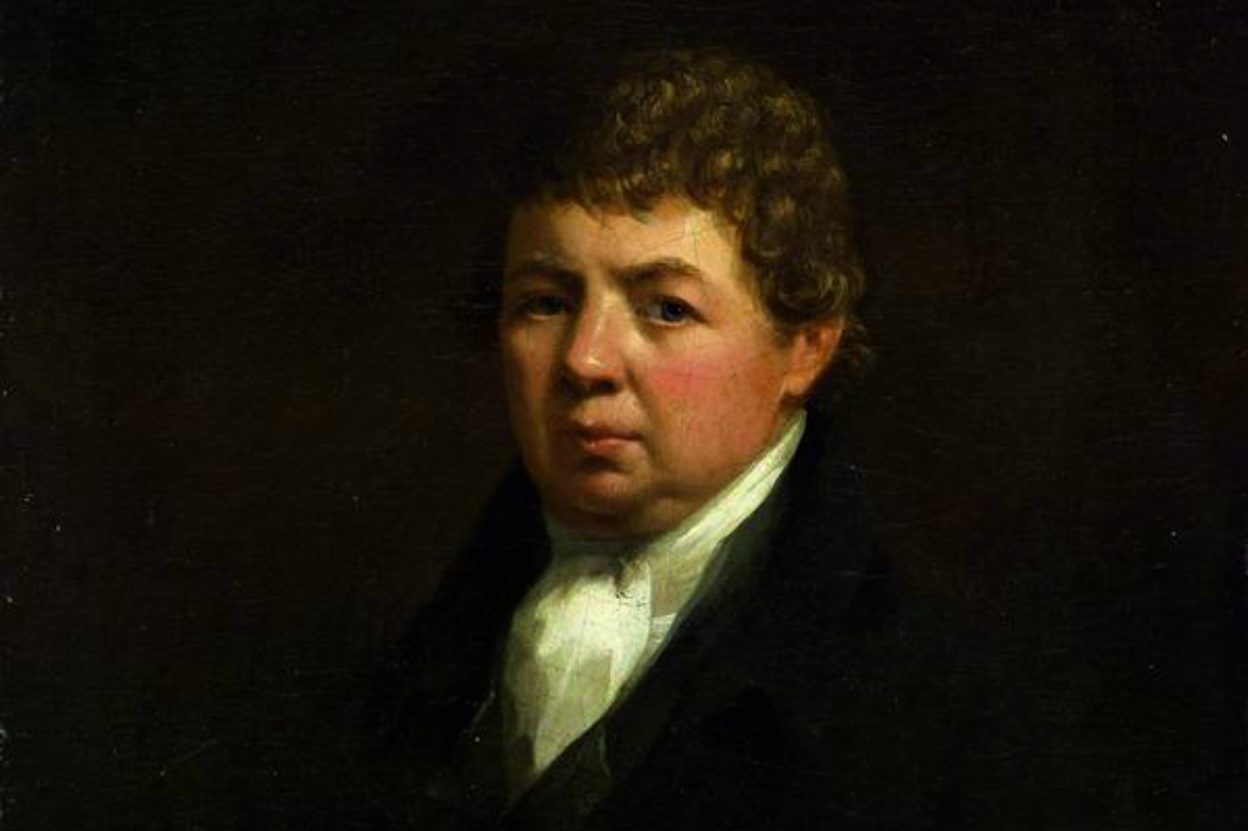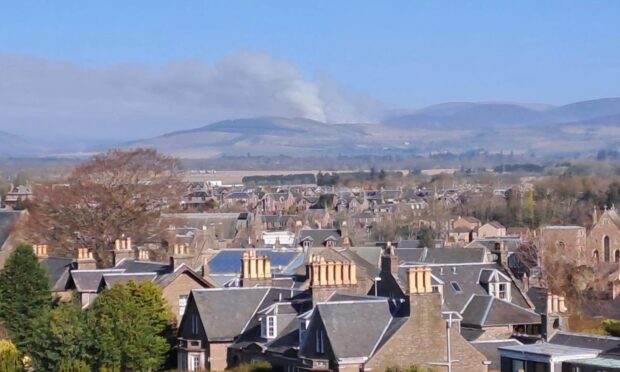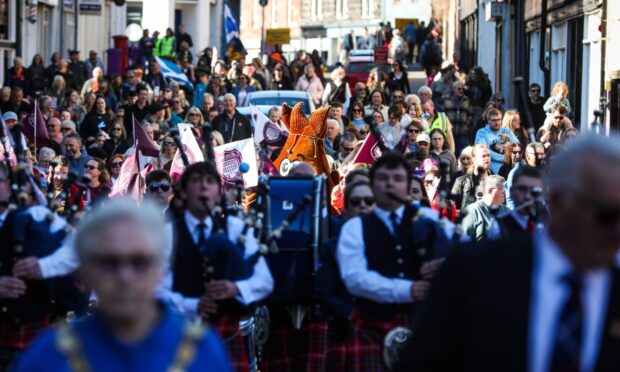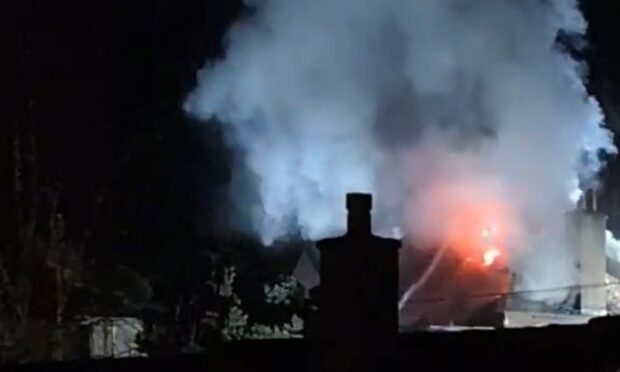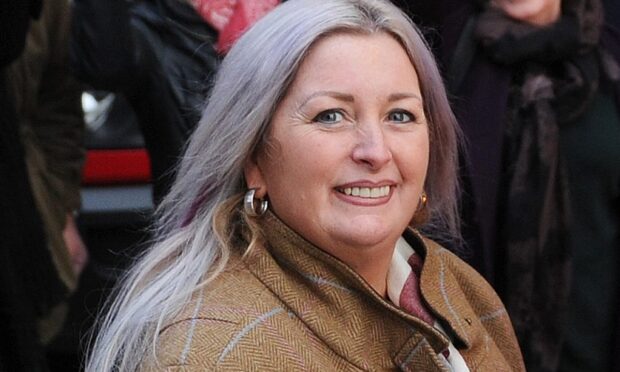An Angus town’s status as the birthplace of Scotland’s first dictionary of its own language has been reaffirmed.
The two-volume Etymological Dictionary of the Scottish Language was published in 1808, based on the Rev John Jamieson’s belief that Scots was a Gothic language, rather than a dialect of English.
A study by Glasgow University lexicographer Susan Rennie showed Jamieson carried out most of his work on the collection while he was a minister at Forfar.
The costly, out-of-print Jamieson’s Dictionary of Scots: The Story of the First Historical Dictionary of the Scots Language, can now be viewed at Forfar Library after a presentation by Forfar Community Council.
The donation follows the impression that “little has been done” to highlight the town’s role in a work that inspired the Oxford English Dictionary.
Community council chairman Ian Whyte said: “John Jamieson’s dictionary was mentioned by Forfar historian, Norman Atkinson, at a recent Angus Council-led meeting.
“We were discussing the development of Forfar’s historical sites and the fact that little has been done to promote Jamieson’s influential work or his connection with the town.
“The tagline for Angus is ‘Scotland’s Birthplace’ and Forfar can rightly claim to be the birthplace of Scotland’s first dictionary.
“Jamieson’s dissertation supported a theory on the Pictish influence on the Scots language and his collection drew on folklore as well as local and regional dialects.
“We still use many of the words contained in his dictionary, while others will be a source of interest and amusement.
“I’m delighted that we’ve been able to donate a copy of Rennie’s research to the library and hope that their visitors will enjoy reading it.”
Sent from his native Glasgow to minister in the Secession kirk of Forfar for 16 years, a young Jamieson found his ministry “bleak” before finding lifelong friendship with George Dempster, the architect of Letham, and marrying a local woman.
A born etymologist — Jamieson studied Latin at university aged nine — it was in Forfar he began compiling “several hundred” words with no known Anglo-Saxon origin.
This followed a chance meeting with Danish scholar Grim Thorkelin in Dempster’s Dunnichen home, in which they compared Scots words with the Scandinavian languages.
Told by Jamieson that Scots words are all corruptions of Anglo-Saxon or passed in some way through the English filter, Thorkelin said this was “contemptuous” of Scots.
“I have now spent four months in Angus and Sutherland, and I have met with between three and four hundred words purely Gothic,” the Copenhagen scholar told him.
